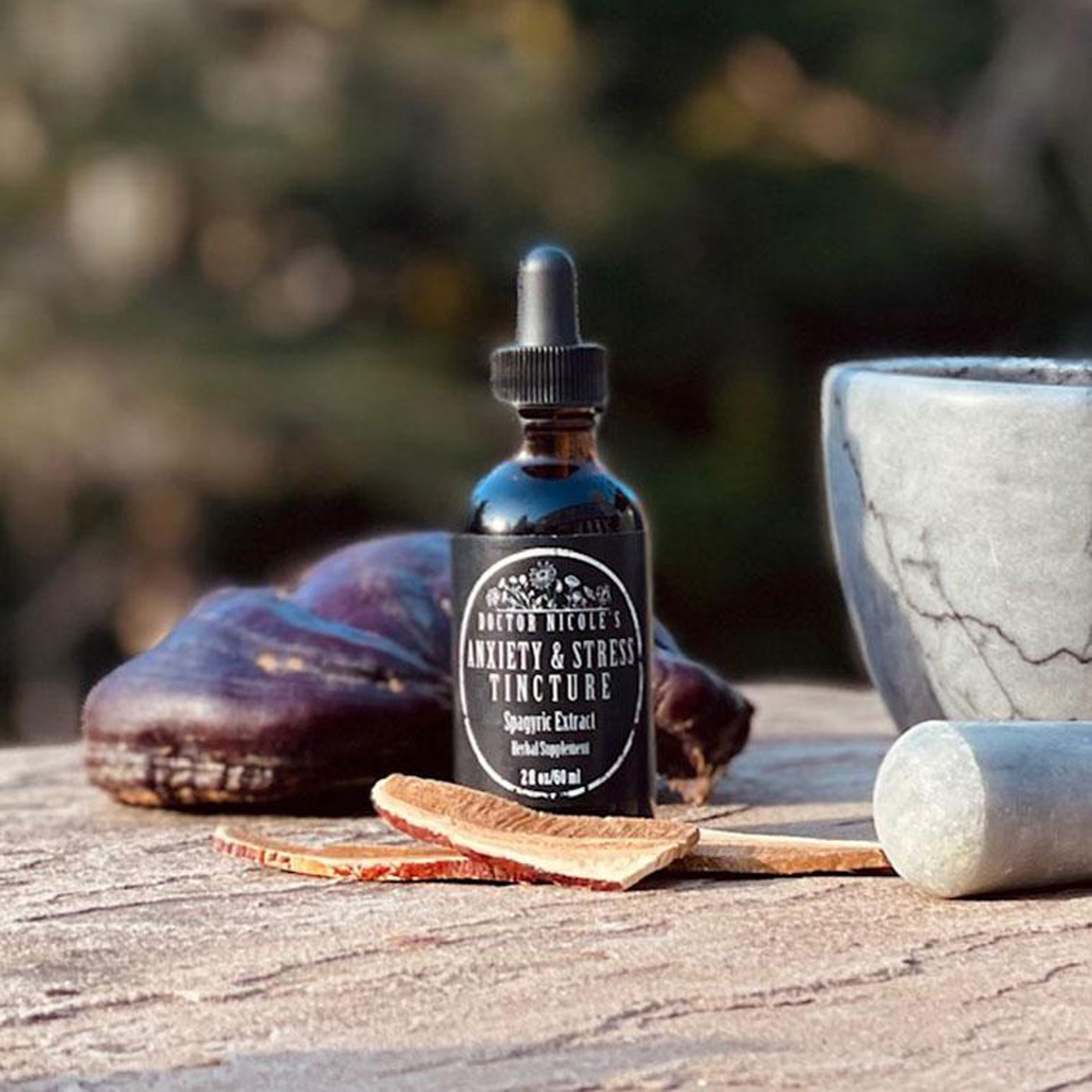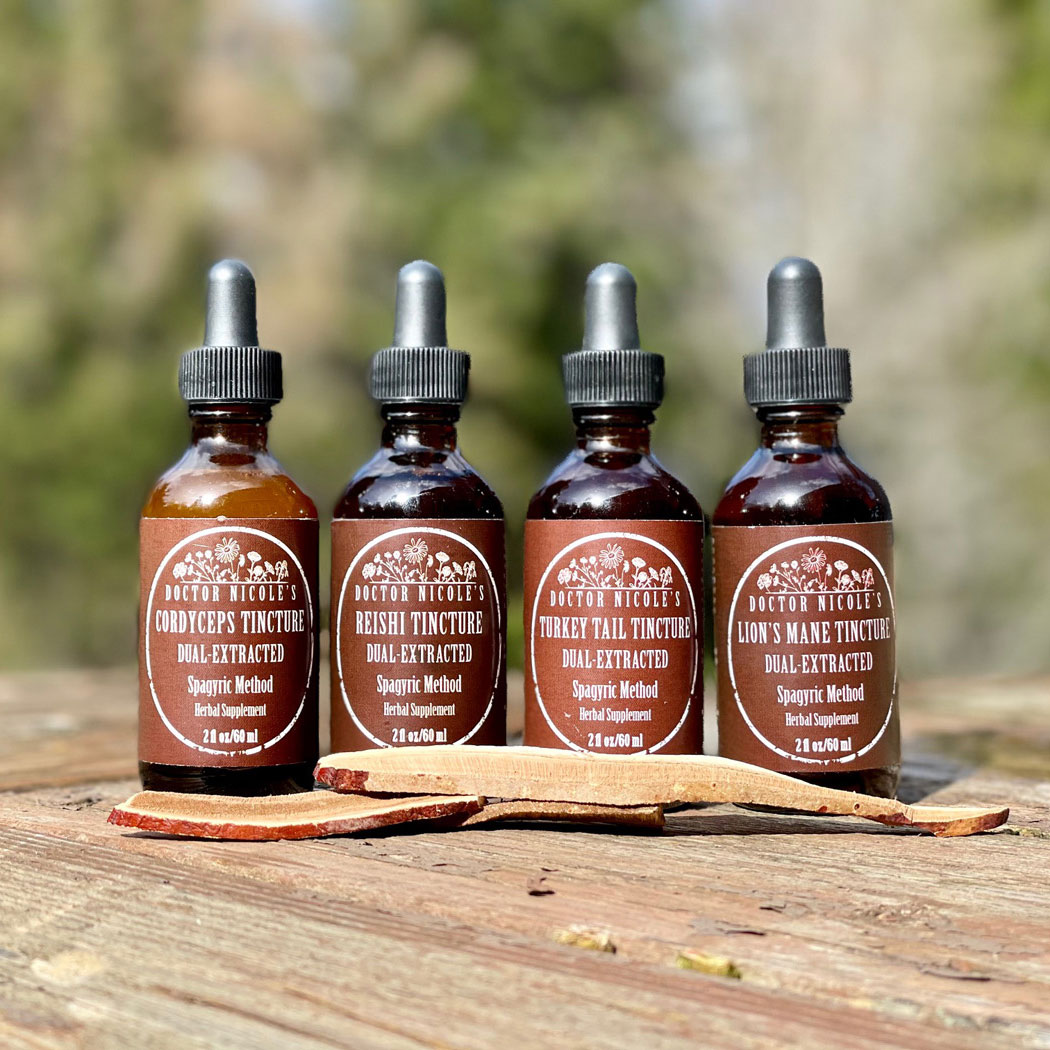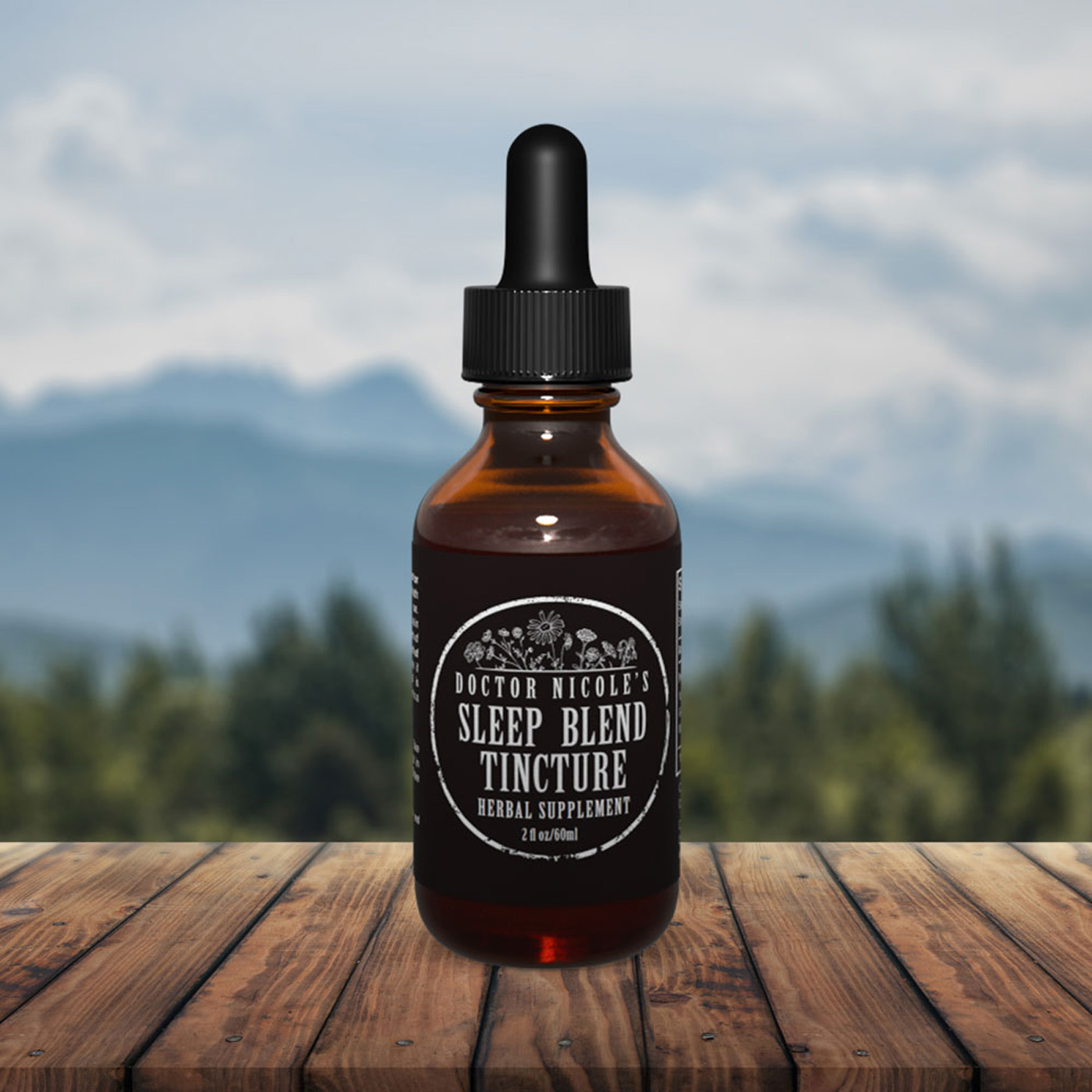Exploring the Mind-Body Connection
The pioneering work of Esther Sternberg M.D. has revolutionized how we look at the mind-body connection in modern medicine. She has shown us that both are intimately intertwined, where memory, emotion, stress converge to make (or break) our health. Sternberg’s insights are at once sobering and hopeful. Examining how memory, emotion, and stress influence our hormonal system, and in turn, our physical health, she helps us to cultivate a life that is nourishing to both the spirit as well as to the body.
Molecules of Emotion and Memory
Utilizing advancements in molecular biology, Sternberg explored how our nervous system and hormones directly influence our propensity toward disease, including anxiety and depression, autoimmune disorders, chronic fatigue syndrome, cancer, and more. The key is what she calls the “black box” of memory in our brain that collects and stores sensory input and the emotions associated with these impressions. As she writes in “The Balance Within: The Science of Connecting Health and Emotions”3:
“Every minute of the day and night we feel thousands of sensations that might trigger a positive emotion such as happiness, or a negative emotion such as sadness, or no emotion at all: a trace of perfume, a light touch, a fleeting shadow, a strain of music. And there are thousands of physiological responses, such as palpitations or sweating, that can equally accompany positive emotions such as love, or negative emotions such as fear, or can happen without any emotional tinge at all. What makes these sensory inputs and physiological outputs emotions is the charge that gets added to them somehow, somewhere in our brains. Emotions in their fullest sense comprise all of these components. Each can lead into the black box and produce an emotional experience, or something in the black box can lead out to an emotional response that seems to come from nowhere.”
Sternberg observes that the nervous system and hormonal stress response react to a stimulus quickly — within milliseconds, seconds, or minutes. But the immune system takes much longer to mobilize, up to several hours or days later. So when we have moments of short-lived stress, it has little impact on the immune system. Yet when the stress is ongoing, we can run into problems with compromised immunity and chronic inflammation — two major drivers of disease development.
“As the stressful stimulus hammers on, stress hormones and chemicals continue to pump out. Immune cells floating in this milieu in blood, or passing through the spleen, or growing up in thymic nurseries never have a chance to recover from the unabated rush of cortisol. Since cortisol shuts down immune cells’ responses, shifting them to a muted form, less able to react to foreign triggers, in the context of continued stress we are less able to defend and fight when faced with new invaders. And so, if you are exposed to, say, a flu or common cold virus when you are chronically stressed out, your immune system is less able to react and you become more susceptible to that infection.”

So the question is, what causes chronic stress? The answer may surprise you. While we may associate ongoing stress with our external experience, it is actually the “black box” of memories with their associated emotions that can trigger health-sapping stress. Think of it as the lens you view life through. This explains why some react to a specific circumstance with stress while others are neutral or positive.
When you experience an event it is filtered through this collection of memories and emotions, which determines the cascade of hormones that are released by the endocrine system: adrenaline and cortisol if it is perceived as negative, oxytocin and dopamine for situations identified as positive.
How then can we break this cycle of chronic stress if the mechanism is buried deep within the brain? As I wrote in “How to Break Out of Negative Thinking in 30 Seconds or less“, there are three steps to rewiring your brain towards positivity: acknowledge your negativity, shift to gratitude, and hold these positive thoughts in your mind for 15 seconds.
We can also encourage positive memories and emotions by participating in activities that bring us joy: a walk in nature, gardening, cooking and baking, or spending time with cherished family and friends. Not only do these activities help to rewire our brains in a positive way, but they also soothe the stress response.
Herbal Support
There are times when we need to also address the physical underpinnings that are contributing to stress triggers — namely, lack of quality sleep and inflammation. For anyone with a chronic illness, you have firsthand experience in how fatigue and brain fog can promote depression, anxiety, and a bleak outlook, which is often caused by chronic inflammation. Herbal medicines can help you regain a sense of equilibrium and positivity.
Our Sleep Blend is formulated to help you fall asleep faster and stay asleep longer. It boosts production of GABA, a calming brain chemical that promotes sleep. It also assists in improving sleep issues connected with menopause. We’ve also added magnesium glycinate, an absorbable form of magnesium that improves sleep quality, and promotes natural, healthy sleep patterns, including healthy REM cycles.
Next is our Anxiety & Stress Tincture. It helps the body adapt to stress, calms the nervous system, and relieves anxiety, depression, and stress-related insomnia. It also improves cognitive function and lowers inflammation for optimal brain health.
Lastly, our Mushroom FOURtress Bundle contains dual-extracted, fruiting body tinctures of Cordyceps, Lion’s Mane, Reishi, and Turkey Tail. Each medicinal mushroom has unique research-backed benefits that include: lowering inflammation, reducing stress, modulating the immune system, boosting brain function, fighting viral and bacterial infections, stimulating Nerve Growth Factor (NGF), improving energy, inhibiting cancer, lessening brain fog, managing blood sugar and more.
Are you ready to break the cycle of stress and truly thrive? Visit the apothecary today to learn more about these and many other helpful natural remedies!
Nicole Apelian
Nicole’s Apothecary Products in this Post
References
- “The Link Between Stress and Inflammation and the Role Your Emotions Play in Physical Health” Karla Walsh, Runner’s World, April 26, 2023. https://www.runnersworld.com/health-injuries/a43691914/stress-and-inflammation/
- Find Your Healing Space, Esther Sternberg M.D. https://esthersternberg.com
- “The Balance Within: The Science Connecting Health and Emotions”, Esther Sternberg M.D., W.H. Freeman Publishers (May 7, 2001). ISBN-10: 9780716744450








